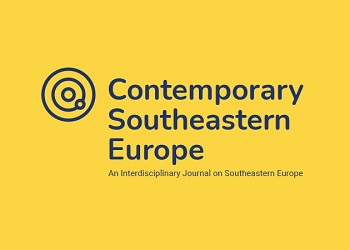Nationalism and the agency of musical performers in Serbia in the 1990s: A discussion with Dragana Mirković
Nationalism and the agency of musical performers in Serbia in the 1990s: A discussion with Dragana Mirković
Author(s): Rory ArcherSubject(s): Cultural history, Music, Political history, Culture and social structure , Nationalism Studies, Sociology of Culture, Transformation Period (1990 - 2010), Identity of Collectives
Published by: Universität Graz
Keywords: Nationalism; Serbia; Popular Culture; Music;
Summary/Abstract: Research on popular folk music in Serbia and other parts of former Yugoslavia in the 1990s has claimed close ties between performers and Serbian nationalism.1 Authors have pointed to symbolic links between singers and the regime of Slobodan Milošević and ultra-nationalist public figures. The most notorious example of connections between of folk music performers and Serbian nationalism was the 1995 marriage between popular singer Svetlana Veličković-Ceca and paramilitary leader Željko Ražnatović-Arkan.2 This cemented the idea of a symbiotic relationship between pop-folk music and warmongering nationalism that aimed to foster an immoral value system. For example, Ivana Kronja writes that ‘This system of values aimed to establish the cult of crime and violence, war-profiteering, national-chauvinism and provincialism, together with the abandonment of morals, education, legality, and other civic values.’3
Journal: Contemporary Southeastern Europe
- Issue Year: 6/2019
- Issue No: 2
- Page Range: 13-21
- Page Count: 9
- Language: English

